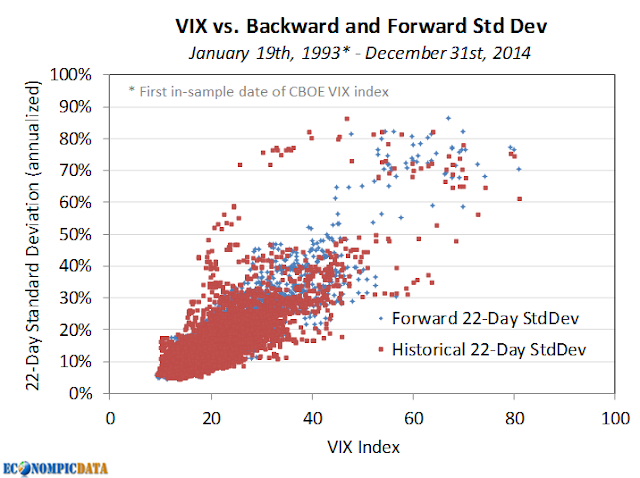Investment News outlines an arbitration request by an investor seeking damages for being placed in two funds; one to F-Squared (an outright fraud) and another to Good Harbor's U.S. Tactical Core Fund (GHUIX).
The adviser placed approximately $900,000 of the investor's savings, which his lawyer said was the vast majority, in products managed by two so-called ETF strategists. More than half went into an F-Squared's AlphaSector Allocator Select, and the remainder went into Good Harbor Financial's U.S. Tactical Core product.A quick look at the insanely good returns of the black box Good Harbor strategy prior to their fund launch (this was for Good Harbor's non-wrap and wrap accounts).
BACKGROUND
At roughly that time, a salesman at my former firm would rave about the returns of the strategy / drool at the commissions their quickly expanding distribution team was capturing (see fund flows below). I remember him sharing that flows were in the billion plus per quarter range (I can't verify that figure, but given the fund is only a fraction of firm's AUM that seems plausible).
To no surprise of anyone that knows me, I tried to figure out what they were actually doing, using the following Good Harbor objectives as my starting point.
- Long-only stock exposure with reduced beta
- Seeks to outperform the Standard & Poor's 500 Total Return Index by allocating investments tactically across various asset classes
- Designed to align with US stocks during sustained bull markets
- Designed to move defensively to US Treasuries during sustained bear markets
- Use of leverage
Through a bit of trial and error, I backed into results that looked awfully similar using the following simplistic rules:
- 3 and 6 month rolling returns (i.e. 2 paths)
- If S&P 500 > Long Treasuries, allocate to the S&P 500
- If S&P 500 < Long Treasuries, allocate to the Long Treasuries
- 1.2x leverage
The claim said that Wells Fargo earned about $19,000 in fees for recommending the products, eroding potential capital gains. According to a copy of the claim reviewed by InvestmentNews that created "a conflict in recommending such high commission investments.”

















